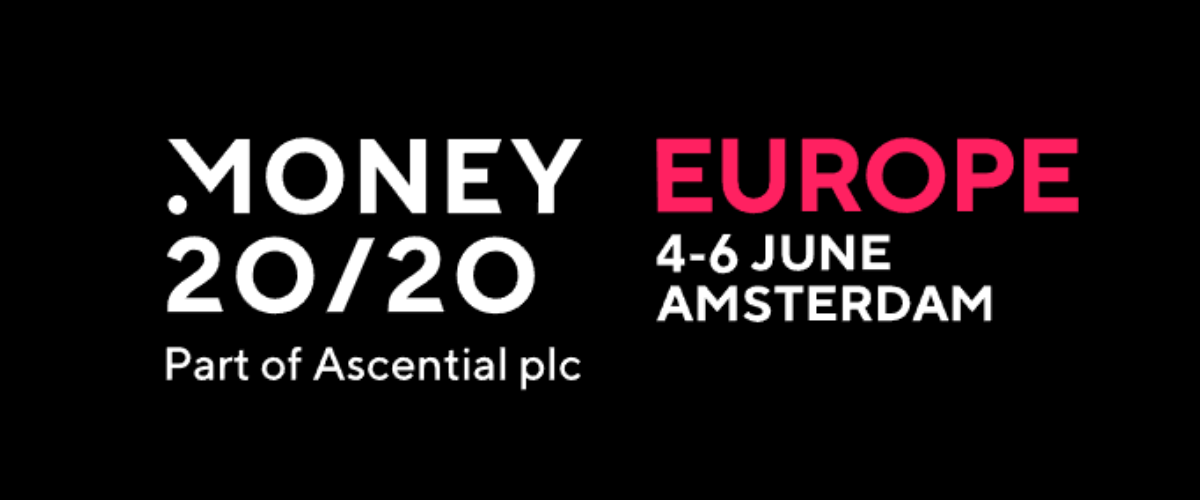Dive into the dynamic world of finance with our latest analysis highlights, exploring hot topics from the fall of fintech funding to climate goals for 2030, the reopening of the IPO window in sectors like SaaS and more.
With Funding Down 70%, Here’s What Fintech’s High Flyers Are Worth Now (Forbes)
The valuation of leading private fintech startups has plummeted, with declines as high as 79%, despite some signs of recovery in a few companies. The market frenzy of 2021, where inflated valuations were common, has subsided, leading to a reassessment of these companies’ worth. Secondary-market data, including trades and mutual fund markdowns, is being used to estimate their current values. For instance, Tipalti, once valued at $8.3 billion, is now estimated at $3.1 billion. Similarly, Chime’s value has fallen from $25 billion to $6.5 billion. Plaid, Brex, and other fintechs have experienced similar declines. While these valuations are subject to speculation and market conditions, some companies, like Stripe and Klarna, are showing signs of rebounding. Despite the market downturn, many of these companies continue to grow their customer bases and revenue, indicating that a falling valuation doesn’t necessarily reflect poor performance. Read more
A comprehensive list of 2023 & 2024 tech layoffs (TechCrunch)
The tech industry has been experiencing significant layoffs since 2022, with the trend continuing into 2023 and 2024. Major companies like Pixar, Google, Microsoft, Mozilla, and TikTok have been affected. The layoffs have been driven by a need for efficiency in the face of challenging market conditions. Layoffs in 2023 were 59% higher than in 2022, with a total of 262,735 job cuts. In 2024, notable layoffs include IBM, Inscribe.ai, Turnitin, Sorare, Melio, ONE, Project Ronin, Fisker, EA, Bumble, Apple, Sony, Expedia, Finder, Rivian, Meati Foods, Cisco, Toast, Instacart, Mozilla, Grammarly, Getaround, Amazon, DocuSign, Snap, Polygon Labs, Okta, Thinx, Proofpoint, Wattpad, Block, PayPal, Aurora Solar, iRobot, Salesforce, Flexport, Microsoft, Swiggy, eBay, SAP, Brex, TikTok, Vroom, Riot Games, Wayfair, YouTube, and more. Read more
Visa and Mastercard are pouring money into Africa (Rest of World)
Visa and Mastercard are significantly expanding their presence in Africa, with initiatives ranging from startup accelerators to direct investments in local fintech firms and partnerships with telecom giants. In 2023, Visa launched its Africa Fintech Accelerator program, followed by Mastercard Foundation’s fund to invest in early-stage companies through local firms. Mastercard also acquired stakes in MTN and Airtel Africa’s mobile money businesses. These moves reflect the increasing importance of digital wallets and quick codes in Africa’s evolving payment landscape. Both companies are striving to dominate the digital payment market by partnering with fintech startups and leveraging their infrastructure to drive card usage. Visa and Mastercard have committed substantial investments to Africa, with Visa pledging $1 billion over five years. Their partnerships with telecom companies and integration with mobile money platforms like M-pesa demonstrate their efforts to tap into Africa’s burgeoning digital economy. Analysts view Visa and Mastercard’s involvement as instrumental in bringing stability and standards to Africa’s payment industry. Moreover, their initiatives, such as accelerator programs, provide startups with access to funding, mentorship, and networking opportunities, contributing to the growth of Africa’s fintech ecosystem. Read more
The EU’s new AI Act could have global impact (Chatham House)
The European Parliament has passed the landmark AI Act, aiming to regulate the risks associated with artificial intelligence (AI) technology. The Act threatens to ban AI applications with unacceptable risks, such as cognitive behavioral manipulation and biometric identification, while imposing significant obligations on high-risk AI applications in sectors like health and education. This legislation follows previous efforts like the Digital Market and Digital Services Acts, reflecting the EU’s mission to create a “Europe fit for the Digital Age.” The AI Act’s impact, known as the “Brussels effect,” may extend globally, similar to the General Data Protection Regulation (GDPR) that influenced global privacy standards. Despite skepticism, the EU’s new AI Office and co-regulatory approaches aim to strike a balance between regulating AI and fostering innovation. However, the EU faces competition from China and challenges from countries prioritizing AI growth and innovation. Whether the AI Act sets global norms for AI regulation remains uncertain, but it represents the EU’s effort to shape technology governance on a global scale. Read more
Europe leads with landmark AI Act: Safeguarding rights and fostering innovation (Fintech Global)
The European Parliament has adopted the Artificial Intelligence Act, signaling a landmark move in regulating AI to ensure safety, compliance, and ethical considerations. The legislation received overwhelming support and focuses on protecting democracy, fundamental rights, and environmental sustainability from potential risks associated with AI technologies. It bans threatening AI applications, imposes strict restrictions on law enforcement, and mandates transparency and oversight for high-risk AI systems. The act also promotes innovation through regulatory sandboxes and real-world testing environments while prioritizing European values. Its phased enforcement underscores the EU’s commitment to balancing innovation with safeguarding fundamental rights and values. Read more
–
Do you have any news to share? Please put feed@hollandfintech.com on your press list.
Curious to read and find out more from fintech? Then subscribe & read our full newsletters here. Stay tuned for more insights following up this week regarding the news piece.



